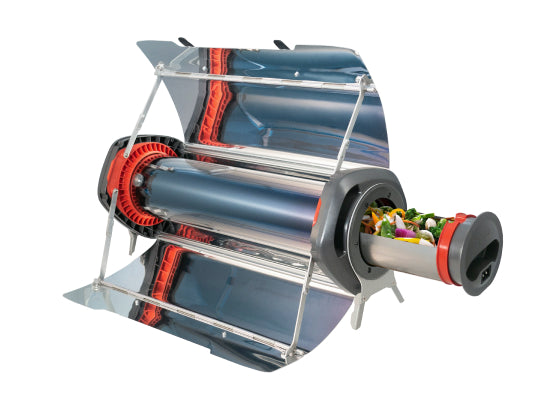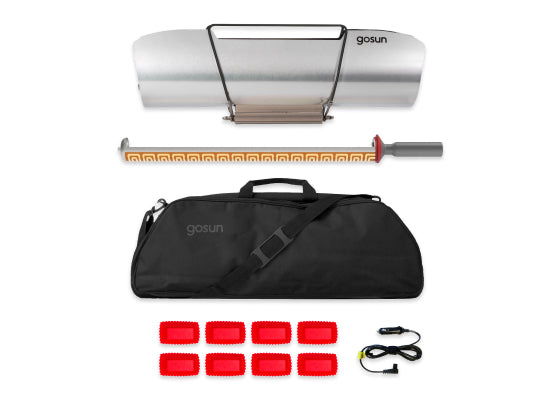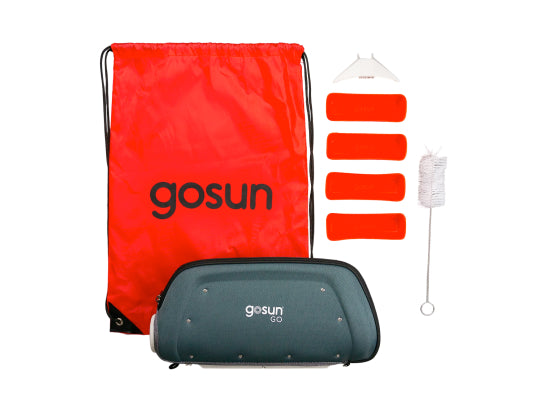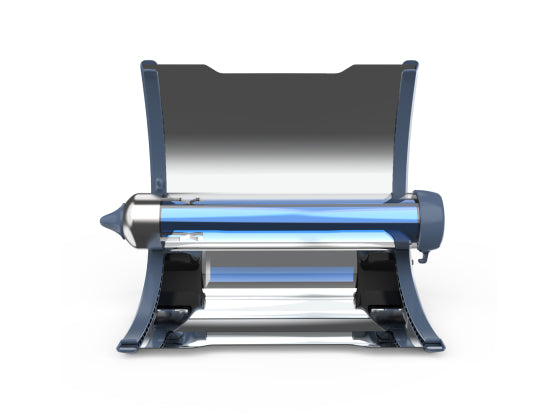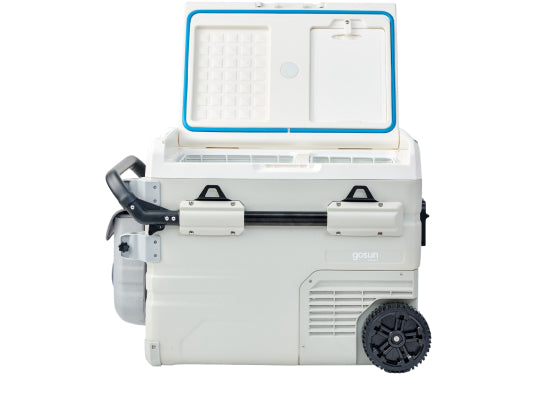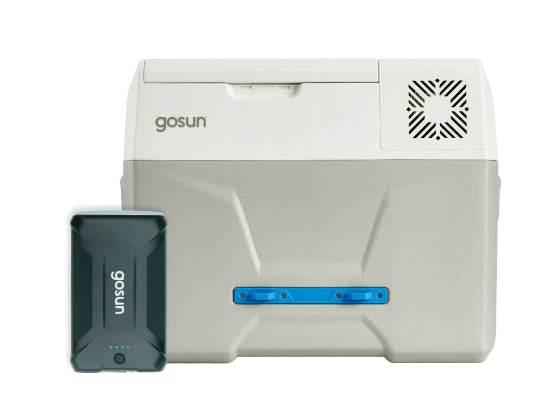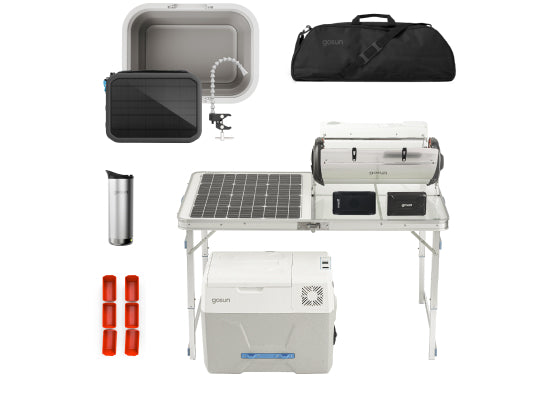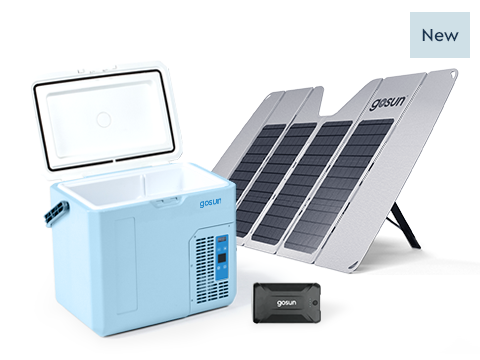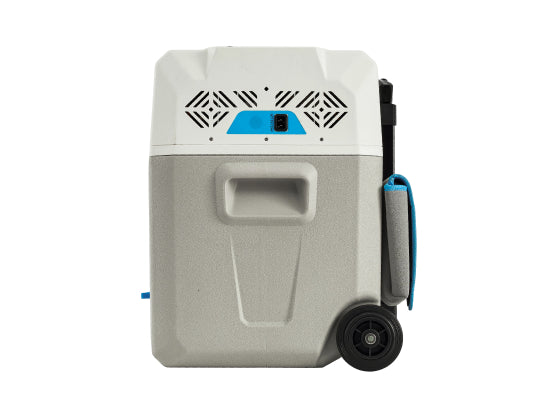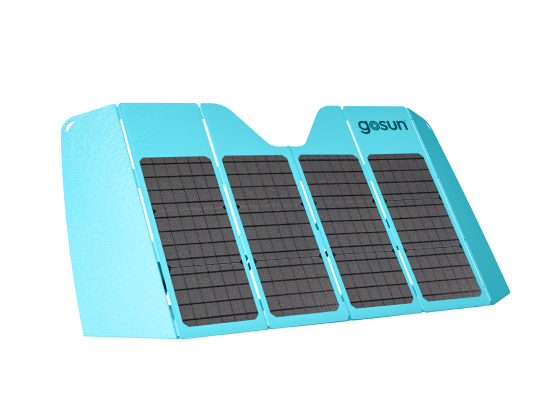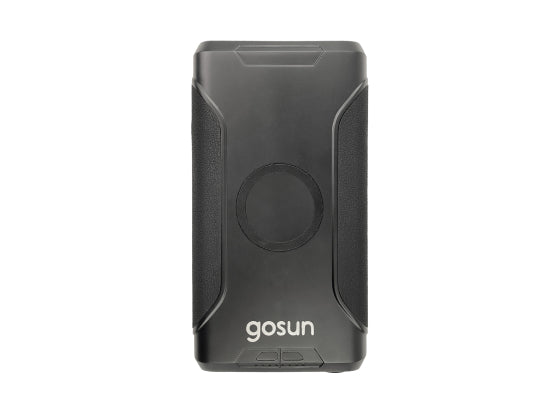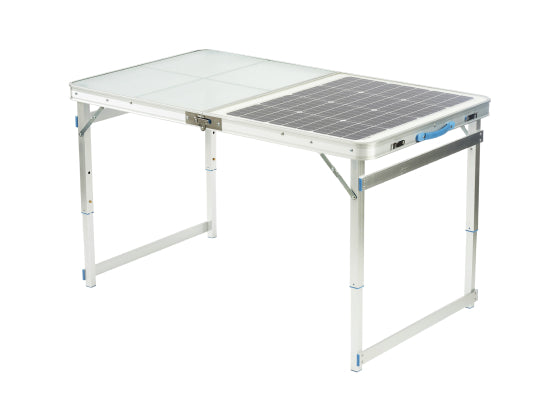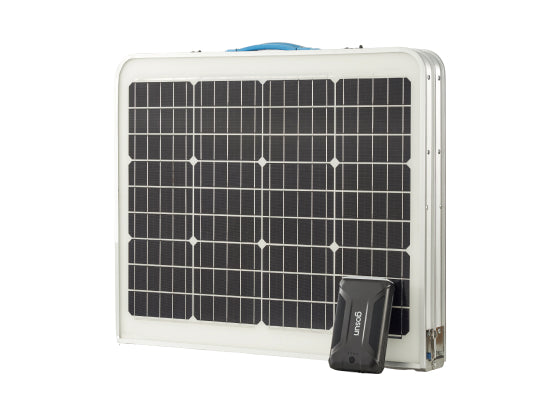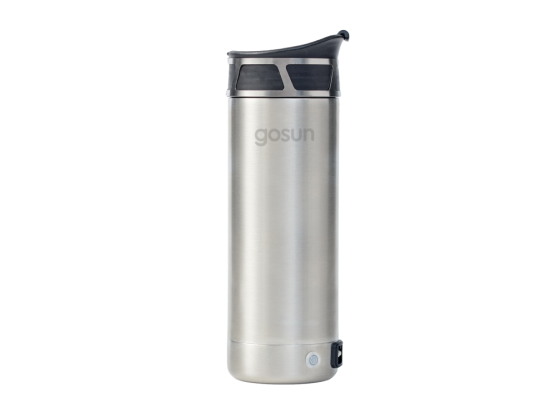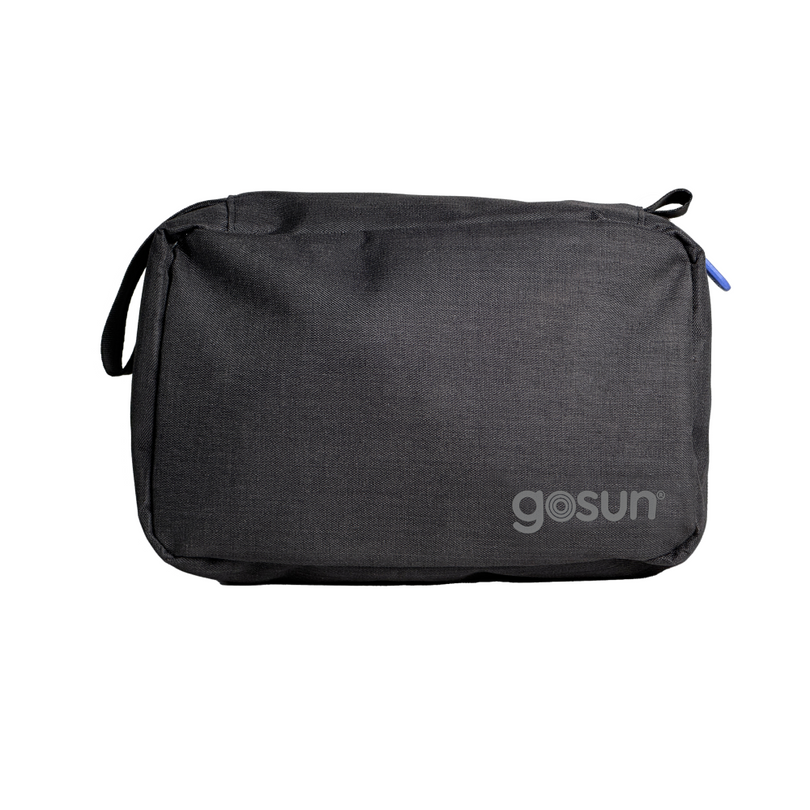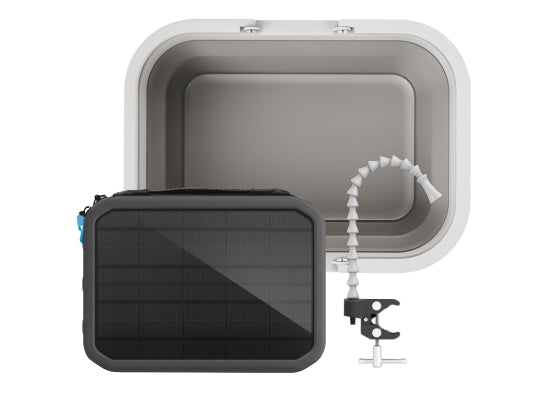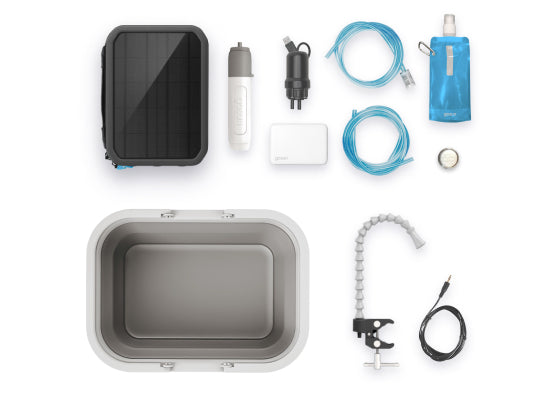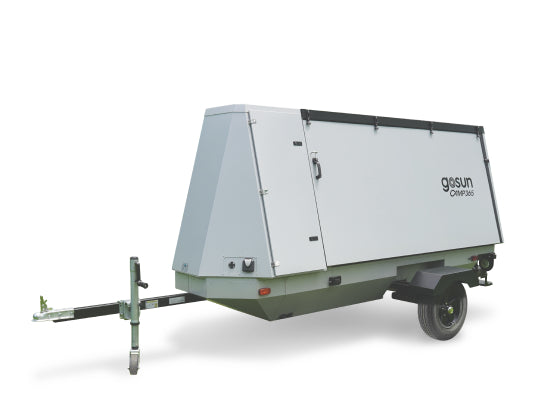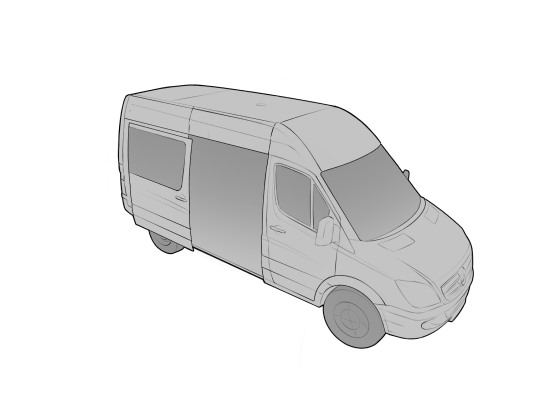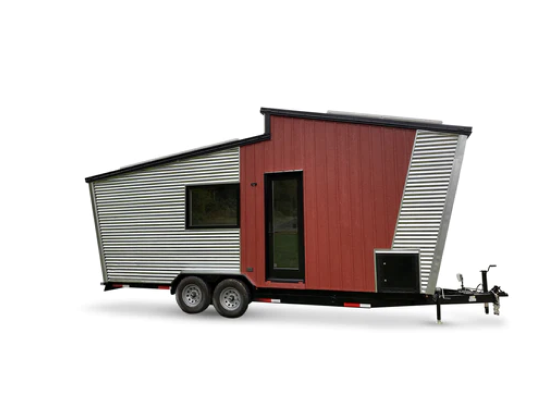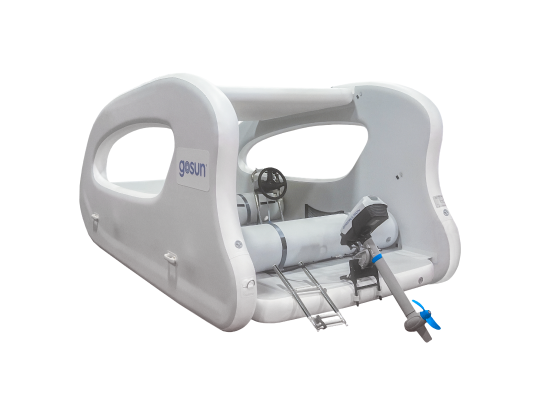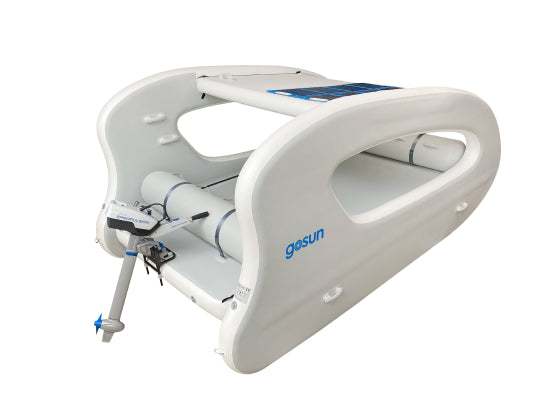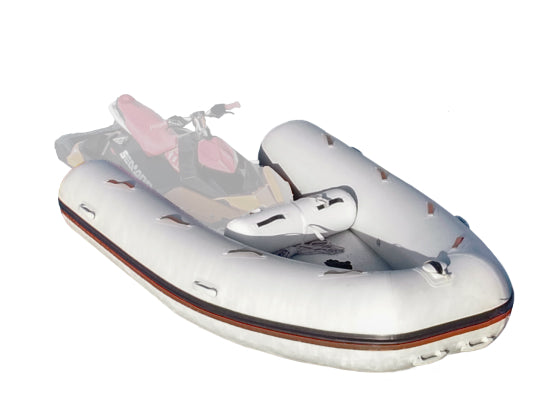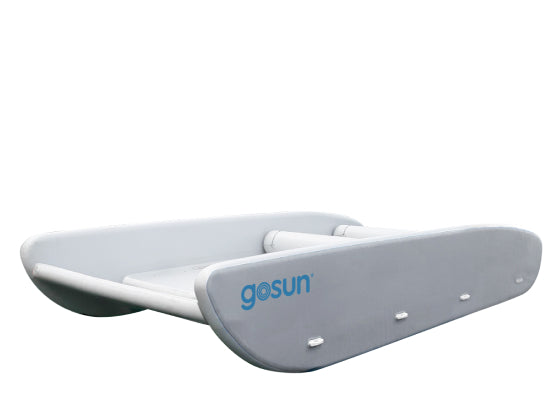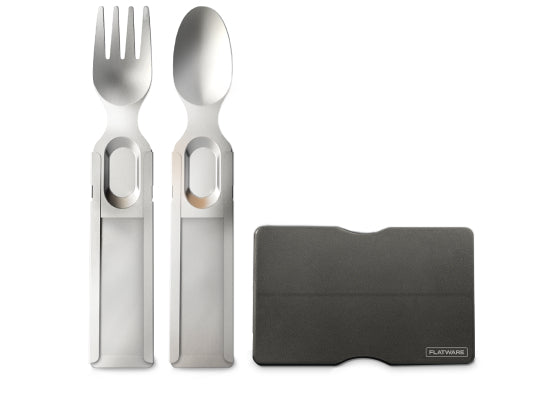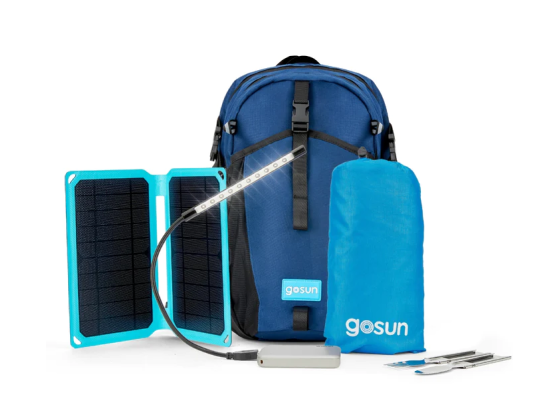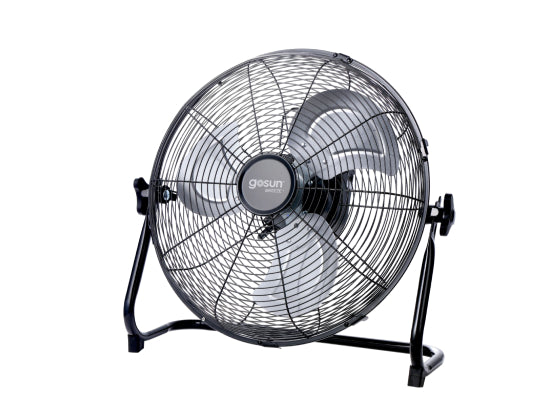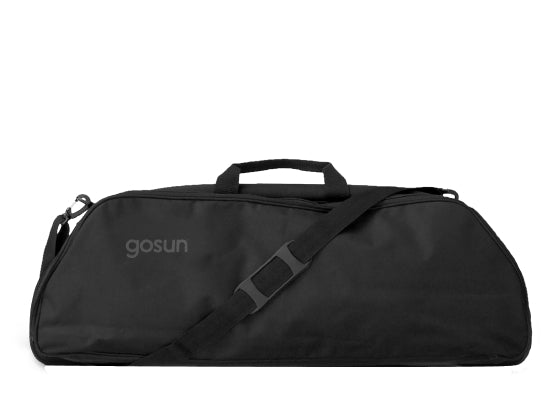Our solar future is bright. Thanks to collapsing costs in solar energy and breakthroughs in lithium batteries, our reliance on fossil fuel energy could be coming to an end. Instead, windmills, solar panels, and (depending on a few tech breakthroughs) fusion cells will provide our power.
The United States will have enough wind capacity by 2050 to meet one-third of the nation’s electrical needs, according to the U.S. Department of Energy. This means less carbon output. It also means fewer blackouts due to grid failure, as we saw recently during the California wildfires and Northeast ice storms.
But as we move toward a more energy efficient-country, there are still challenges to overcome. Even if you build a home with solar panels, there is no guarantee the lights will stay on during a blackout. Homes with solar are still connected to the general grid, which siphons off excess power and gives it to the community (that's why you get credits on your bill through an arrangement called net metering). Yet since solar electricity goes out to the general grid and not directly to your home, unless you have a battery backup, houses with electric solar panels are still vulnerable to blackouts and power outages just like other homes in the area.
The good news is that many solar-powered items are currently available or coming to the market to keep you warm, well-lit, and connected during a power outage. Here are our favorites.
1. Smart Backpacks

We're in the third generation of "smart luggage" that comes with incorporated batteries and chargers for your mobile devices. Most of these products are the sort of roller luggage you take on a plane with you, but many smart backpacks are now equipped with solar panels.
Some models feature surface solar cells. Others come with an unfolding, larger panel that spreads out to gather more solar energy. Either way, these smart backpacks let you charge your phone and tablet even when the power is off. Once cell service is restored, you'll be able to use your technology almost immediately.
Note: A related option is to get a prep kit: a full package of lighting, charging, and cooking equipment all powered off solar chargers. Our Sport Prep Kit Pro and Prep Kit Ultimate both provide convenient-to-carry full solutions. They might not help you carry your books to class, but they get the job done when you need it most.
2. Solar Lighting

Outdoor solar lighting is inexpensive and easy to install. Most of these are also compatible with solar panels, providing you with all the lighting necessary in the event of an extended blackout.
GoSun’s line of camping lights, home lighting, and emergency lighting provides reading-level illumination using only solar power. Prices are comparable to normal home lighting. This is the kind of emergency preparedness that not only lets you survive in a blackout but thrive.
3. Added Batteries or Capacitors

Most home solar systems have no storage for extra electricity accumulated throughout the day. Companies will tell you that "the grid is your battery.” What that means is that you pull any excess power need from the same sources as those without solar. At the same time, the electric companies also use and pay you for your excess electricity as part of net metering.
If you add batteries or capacitors to your system, you can keep your excess electricity and access it at night or during a power emergency. Any electrician or solar panel expert can install these.
A less expensive, and easier-to-install solution, is to keep a set of solar charging panels on hand for emergencies. It won’t provide the sell-back electricity charging during normal times but can get your systems working when the regular power goes out.
4. Solar Ovens and Coolers

Food spoilage is one of the most serious immediate problems associated with power loss. Your refrigerator is good for only 24 hours, and anything that requires cooking is inedible if you lack a grill. Fortunately, GoSun's line of solar ovens and solar coolers are here to help.
Solar coolers combine high-efficiency solar cells with portable refrigeration to cool and even freeze food using only the power of the sun. Our solar ovens focus the heat from solar rays to cook food up to over 500 degrees using no electricity at all. Or you can combine both with a solar-panel table and have a fully-functioning kitchen on hand for camping, backyard grilling, and power interruptions.
5. System Alterations
It's possible to set up home solar panels to disconnect from the general grid in the case of a power failure. You won’t have full power overnight, but this can give you power during sunny days. Keep in mind there may be laws against this in your area, and you also need to double-check the contract with your power company to ensure you’re allowed to do this.
If you're interested in this option, begin with due diligence and then hire a professional to make the alterations necessary. The process usually begins with calling your local power company to ask how to get started. Most have experts who can tell you about the legal, corporate, and logistical aspects of making this decision.
6. Solar for Heating
In the age of ubiquitous solar panels, we sometimes forget solar energy was originally used for heat. The earliest humans used sunlight to avoid hypothermia, and primitive civilizations dried meat in the sun. The first solar-powered cells connected to water heaters, using infrared radiation to warm the water instead of electricity.
Go to your local camping supply store and browse for devices that use solar heating to replace grid-connected heaters. Solar showers to heat water and solar stoves for cooking are the two best to begin with. You might also want to invest in a "solar clothes dryer"(i.e., a clothesline).
Electricity Triage
Very few homes with solar panels generate enough from the sun to keep all of their devices running all day long, even at maximum sunlight. If you end up in a blackout, keep the following tips in mind to maximize your energy efficiency so that you have power for the things you need most:
- Turn off your water heater. It's the largest power-user in most homes, and you can replace it with a solar camping shower.
- Don't do your laundry until the power comes back on.
- Do your light-intensive tasks during the day, and minimize light use at night.
- Eat or cook your perishable foods in the first 24 hours of the blackout, then unplug your fridge.
- Cook on the grill or with a solar camping stove.
- Unplug all your consumer electronics, like the TV, home computers, and audio systems. Most of those draw some power even when off.
These steps will keep your home's passive and unconscious power draws to a minimum, making the most out of your solar resources until the electricity comes back on.

